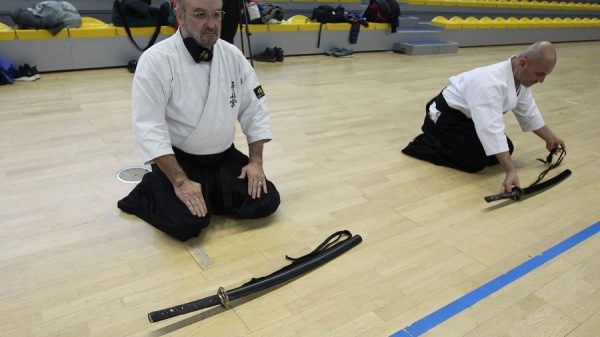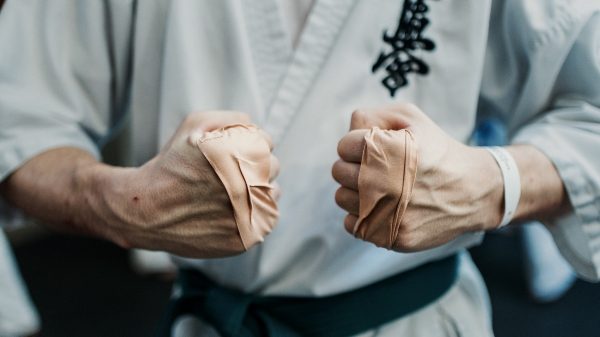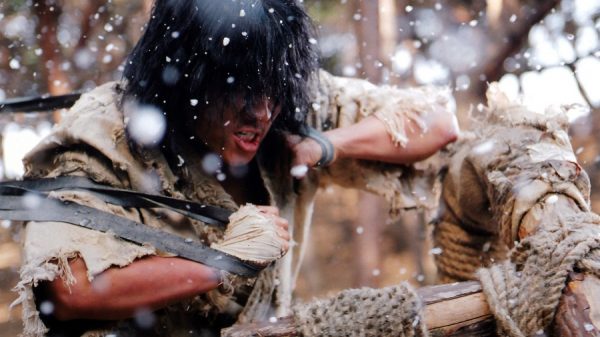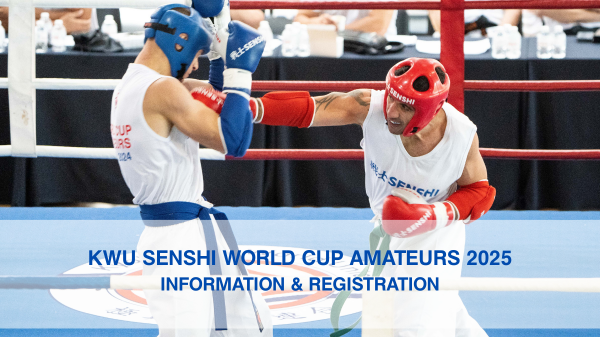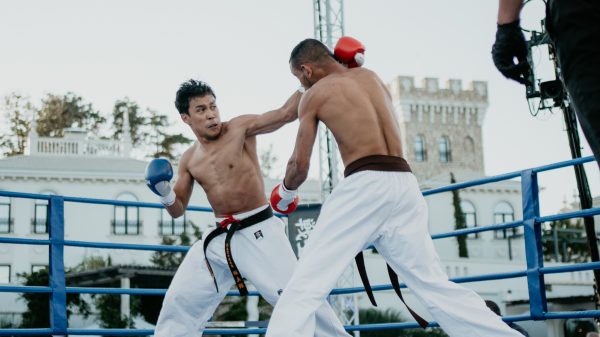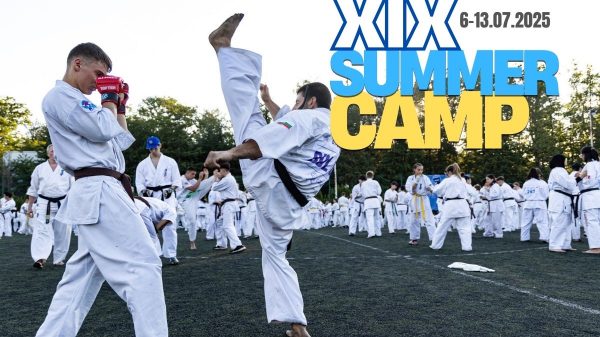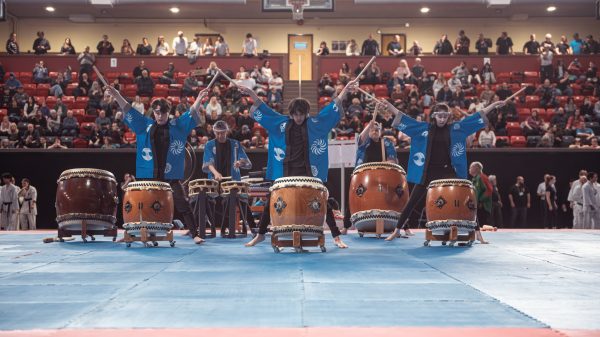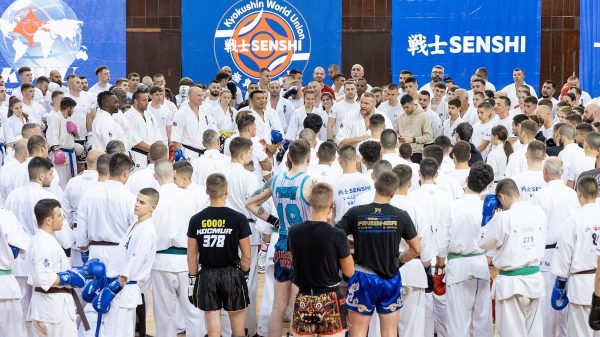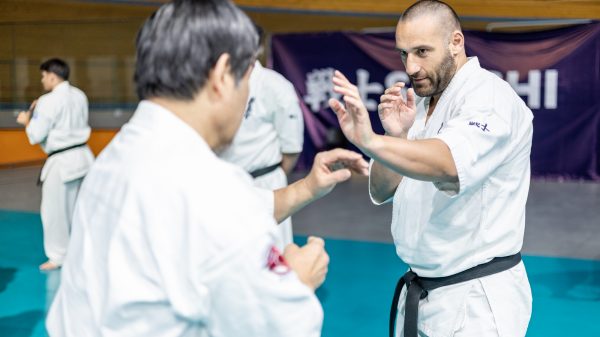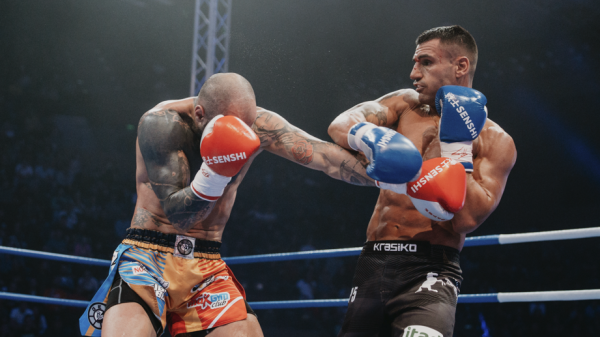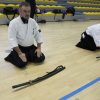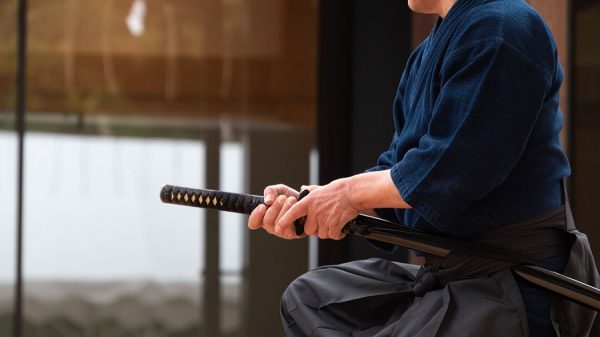The experience of winning or losing a fight can have significant emotional, psychological, and sometimes physical consequences. Let’s explore the before and after aspects of losing a fight:
Before:
- Anticipation and Anxiety:
- Before a fight, there is often a mix of anticipation and anxiety. The mind may be filled with thoughts about the upcoming challenge, the opponent, and the potential outcomes.
- Physical and Mental Preparation:
- Fighters typically engage in physical and mental preparation, including training, strategy development, and mental conditioning. This phase involves honing skills, building strength, and preparing for the physical and mental demands of the fight.
- Confidence and Doubt:
- Depending on the individual’s mindset, there may be a combination of confidence and doubt. Confidence can be empowering, while doubt may lead to increased nervousness.
After:
- Immediate Emotional Impact:
- The immediate aftermath of a lost fight often involves a surge of emotions such as disappointment, frustration, and sometimes embarrassment. The individual may need time to process what just happened.
- Physical Toll:
- Depending on the nature of the fight, there may be physical repercussions. Injuries, fatigue, and soreness can be part of the aftermath, requiring attention and recovery.
- Reflection and Analysis:
- Losing a fight provides an opportunity for reflection and analysis. Fighters may review the match, identify mistakes, and consider ways to improve. This self-assessment can be crucial for personal growth and development.
- Emotional Resilience:
- Coping with defeat is a test of emotional resilience. It’s an opportunity to bounce back, learn from the experience, and develop a stronger mindset for future challenges.
- Support System:
- The aftermath of a lost fight often involves interactions with a support system, including coaches, friends, and family. Emotional support, guidance, and constructive feedback from these individuals can be crucial in the recovery process.
- Motivation for Improvement:
- Many fighters use defeat as motivation for improvement. It can fuel a desire to train harder, refine skills, and come back stronger in future competitions.
- Personal Growth:
- Overcoming a defeat can lead to significant personal growth. Learning to handle setbacks, adapting to challenges, and developing resilience are valuable life skills that extend beyond the realm of fighting.
In the ebb and flow of life, a lost fight is a fleeting moment. The world, indifferent to individual struggles, continues its perpetual motion. Like the unceasing orbit of our planet, life persists. In the aftermath of defeat, there emerges an opportunity for growth and resilience. The sun rises on new chances for redemption, and the wheels of personal evolution keep turning. Life endures, reminding us that setbacks are just pauses in a larger, ever-rolling journey with opportunities for renewal and triumph.




